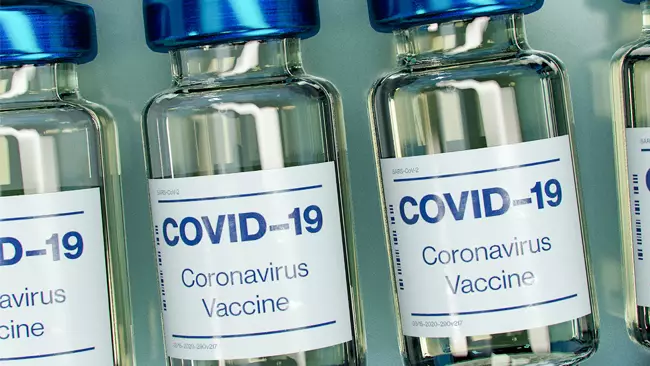Having begun my legal career working for large insurance companies defending policy holders in lawsuit, I learned how insurance companies view and handle (adjust)claims made against their policy holders. Now I have “switched sides” and I represent people that have been seriously injured in accidents. That has given me a unique perspective on personal injury claims from both sides of the debate.
Here are some of the most common questions I hear from clients and friends,and some answers:
1. Why is the insurance company treating me like I am a criminal?
Answer: Keep in mind that an insurance company is a business. They do not make money by giving it away. They receive hundreds of thousands (if not more) claims a year. And they have to sift through all of those to figure out which ones are bogus (they are out there) and which ones are legitimate. The adjuster (the employee that is assigned to handle your claim) does not know you and has no reason to trust you. If you sat behind a desk all day and tried to figure out who was telling the truth about their claim, who was exaggerating and who was lying, you would become pretty skeptical too. You cannot take it personally or allow it to upset you. Each client only has one case, and it is very important in their lives. However, the insurance company has hundreds of thousands of claims to handle. That produces some less than sympathetic behavior from insurance companies. And, if someone made a claim against your policy, wouldn’t you expect your insurance company to fully investigate before sending someone a check?
2. Why do lawyers file frivolous lawsuits?
Answer: Some lawsuits are frivolous, and some lawyers file frivolous suits. But, the overwhelming majority of personal injury lawsuits are perfectly legitimate, as are the overwhelming majority of lawyers who file those suits. The biggest problem is the “McDonald’s Coffee” case problem. The public only hears about the outrageous cases, and then assumes that those four or five cases out of the millions of cases that are filed each year are representative of what goes on in the courts. But, as an intelligent discerning individual, you have to remember that for every “crazy” case you see on the news, there are millions of legitimate cases that go unnoticed. Insurance companies have a vested interest in convincing the public that lawyers and claimants are money hungry opportunists (not to mention a very strong lobby in Washington, D.C.). It’s not true, but their message has slowly taken effect.
3. How much money will I get in my case?
Answer: No lawyer can or should tell a client how much money the client will get from a case until the money is in hand. The fact is that the lawyer does not get to make the decision as to how much the client’s claim is worth. The only people who can ultimately make that decision are the adjuster, the jury or sometimes the judge. Most lawyers have enough knowledge and experience to be able to provide a range of possible outcomes. But even those ranges are speculative. Each case is factually unique and each seemingly small fact can influence the amount ultimately received. And, some injured people receive nothing in their case.
4. How long will it take before I get my money?
Answer: First, keep in mind that the facts of your case may not entitle you to money. Not every injury entitles someone to money. The other party has to be legally responsible (“liable”) for the injury for a money recovery to be necessary. The general time line of personal injury case is affected by numerous factors. The most common factors are the length of medical treatment, the complexity of the case, whether a lawsuit has been filed and the pace at which the insurance company responds to your attorneys’ communications. Each case is different and will require its own time line. If you have questions about the pace of your case, talk to your attorney. Remember that the attorney cannot control the insurance company or the court system.
5. Do I need a lawyer to resolve my case?
Answer: No. You can settle your claim with the insurance company by yourself. But, without a lawyer you are more likely to settle the case on terms that are more favorable to the insurance company and less favorable to you. Insurance companies frequently offer you a relatively small amount of money to resolve your claim right after the injury. Be very careful in this situation, because you will be required to release any rights to seek more money in the future if you accept this settlement. Getting a lawyer will help you understand the legal issues, evaluate the potential value of your claim and develop an effective strategy for resolving your claim. Let’s put it this way: I would not let a family member resolve a case without at least talking to a lawyer.
There are many more questions about personal injury claims that I am asked on a regular basis. Hopefully, I can address those in the future. But, these are the most common, and hopefully, they answer some of your questions.



